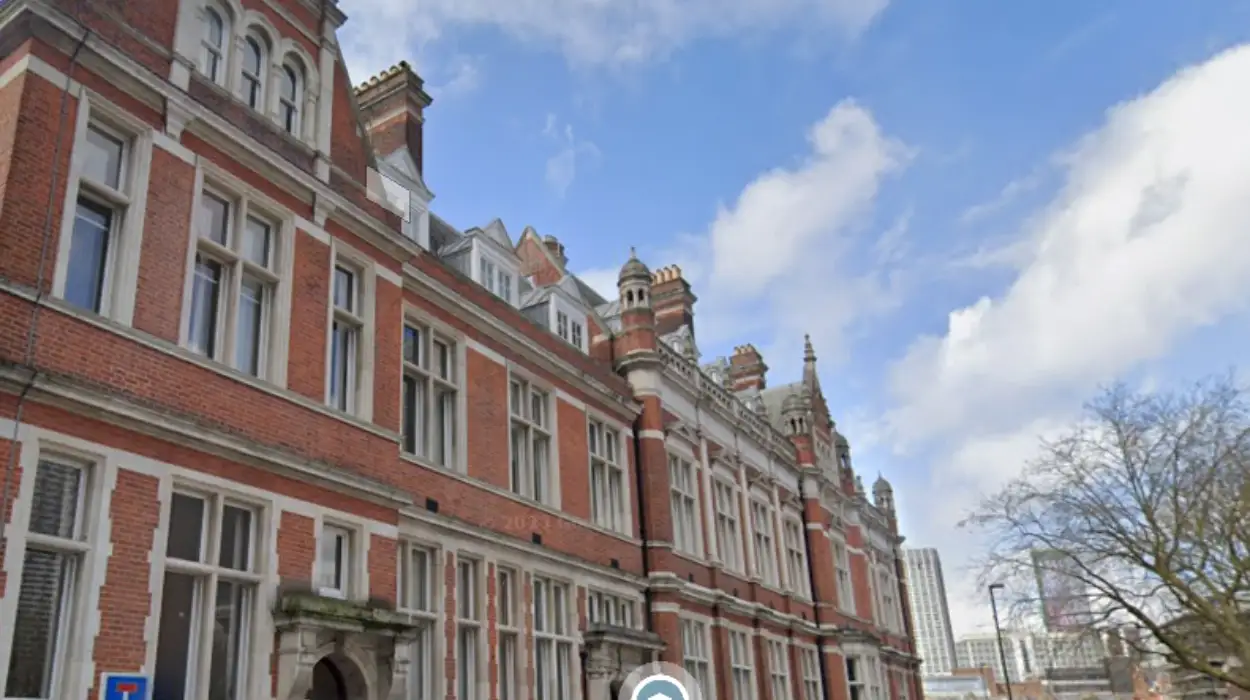Croydon (Parliament Politics Magazine) – Croydon Council’s chief strongly denies allegations of demanding £200,000 from Crystal Palace for a victory parade, amid growing scrutiny and local backlash.
The borough’s council members have been urged by Croydon’s chief executive to assist in handling negative media coverage of Crystal Palace’s abbreviated FA Cup winning parade.
The chief executive of Croydon Council, Katherine Kerswell, made an urgent plea to the 70 council members of the borough yesterday for “assistance in clearing up any misunderstanding in your communities” regarding Crystal Palace’s FA Cup-winning victory parade, which is scheduled for Monday.
Kerswell went to some lengths in her email to emphasize that the club was not charged £200k for the celebrations by the local government.
Following their historic 1-0 victory against Manchester City at Wembley last Saturday, Crystal Palace has been embroiled in a conflict between two local authorities for the past week.
As exclusively reported by Inside Croydon yesterday, the team had rejected Croydon’s proposal for a procession to the Town Hall in favor of a route that would have led them to Crystal Palace Park, which Bromley Council finally blocked.
When the final plan—a brief procession around Selhurst Park and down Whitehorse Lane—was ultimately approved yesterday, many supporters complained about Bromley’s Nimbyism and questioned the intentions of Croydon Council, which is struggling financially.
Croydon Mayor Jason Perry took to social media to protest his innocence.
“I would have loved a longer parade,”
the Tory Mayor said, after once again failing to deliver for Croydon.
“I personally did everything I could to support them.”
In a last-ditch attempt to appropriate some of Palace’s reflected glory, the council also released a formal statement emphasizing that the football team, not Town Hall, had chosen the route.
In order to provide local supporters the opportunity to witness the victorious side carry the FA Cup in their city of Croydon, Croydon Council has been supporting the football team’s plans.
The procession route and victors’ celebration have been planned by the club.
In accordance with Croydon’s policy regarding large community festivals, the council has complied with all of the club’s requests and is also covering the costs of street closures and cleanup for the march.
Many Palace supporters and Croydon locals, however, were not persuaded by this; others cited Tottenham’s victory march past the stadium yesterday after Spurs’ victory in the Europa League final on Wednesday night.
An estimated 250,000 people lined the path as the Tottenham trophy parade traveled nearly two kilometers.
“It took Tottenham 48 hours to organise a parade,”
Labour councillor Sean Fitzsimons tweeted.
“In Croydon we’ve ended up with a ridiculously short parade for CPFC after five days of negotiations.
Jason Perry, the Croydon elected Mayor, the Met Police and CPFC should have done better.”
Yesterday, Inside Croydon revealed that Croydon Council representatives had contacted the team before the Wembley final to inquire about the customary cup-winners’ procession.
The club firmly rejected the council’s advances over the idea of directing their procession into Croydon’s downtown.
The football team planned to transport the players and staff to Crystal Palace Park, which is under Bromley’s local council administration, instead of marching the two miles or so from Selhurst Park to Croydon Town Hall.
By releasing a public statement yesterday stating that they “engaged positively with the club and did not block celebrations in the borough,” Bromley Council was also practicing media crisis management.
It is reasonable to assume that not all of the organizations involved are speaking the truth, especially in light of the local authorities’ inconsistent public comments and the club’s obvious intention to parade into Crystal Palace Park.
Behind the scenes in Fisher’s Folly, senior management was frightened into sending an internal message to council members denying that a longer parade through Croydon had been canceled because the financially strapped council needed £200,000 from the football club to cover the parade’s expenses.
This was all because Mayor Perry was upset that he had not been able to secure his photo opportunity on the Town Hall steps with the FA Cup.
Inside Croydon has been leaked the internal memo.
Kerswell, who earns £204,000 annually as a council bureaucrat, wrote from her desk in the council offices at Fisher’s Folly that she wanted
“to correct some misinformation you may have seen circulating on social media in relation to the Crystal Palace FA Cup celebrations.”
Kerswell wrote:
“We are aware that some fans have expressed disappointment about the length of the parade and there have been rumours that the route has been limited by the council; and rumours that we have imposed a £200k charge on the club for the celebrations…
I would like to reassure you that the council has supported every request from the club and that there has been no charge made by the council.”
And to her audience of 70 councillors, Kerswell added a touch of self-pity and pathos:
“Can I ask for your support in correcting any misunderstanding in your communities, and I hope that we all enjoy celebrating such a special event in our team’s history.”
How might Croydon Council’s handling of the Palace parade affect public trust?
In an already tense relationship between the council and its citizens, Croydon Council’s handling of the Crystal Palace parade incident runs the risk of further undermining public confidence.
In recent years, the council has come under heavy fire and lost trust as a result of alleged lack of accountability and transparency, service cuts, and financial mismanagement.
The disagreement over the purported £200,000 demand, which the council’s chief executive rejected, continues a trend in which locals believe the administration is opaque and unresponsive to their requests.
Following financial difficulties and contentious leadership choices, Croydon has seen a significant decline in confidence, with many locals feeling betrayed and frustrated by the council’s management and priorities.


